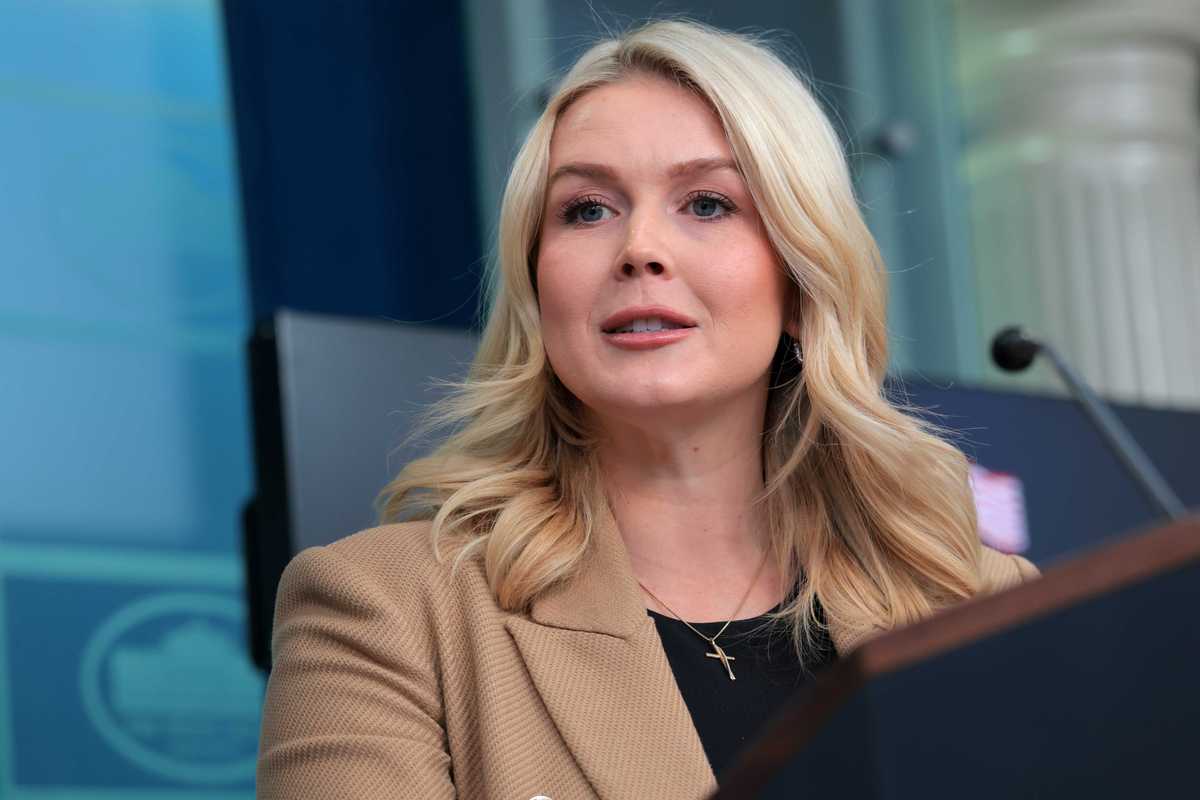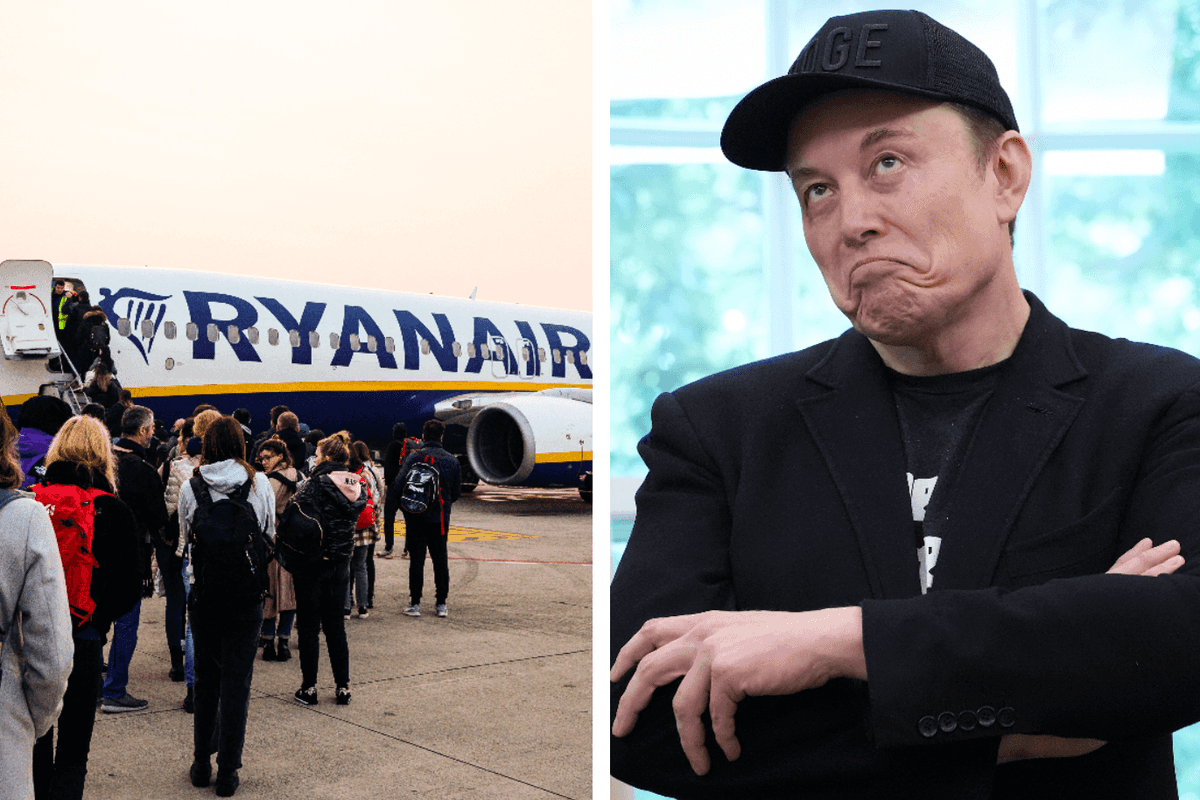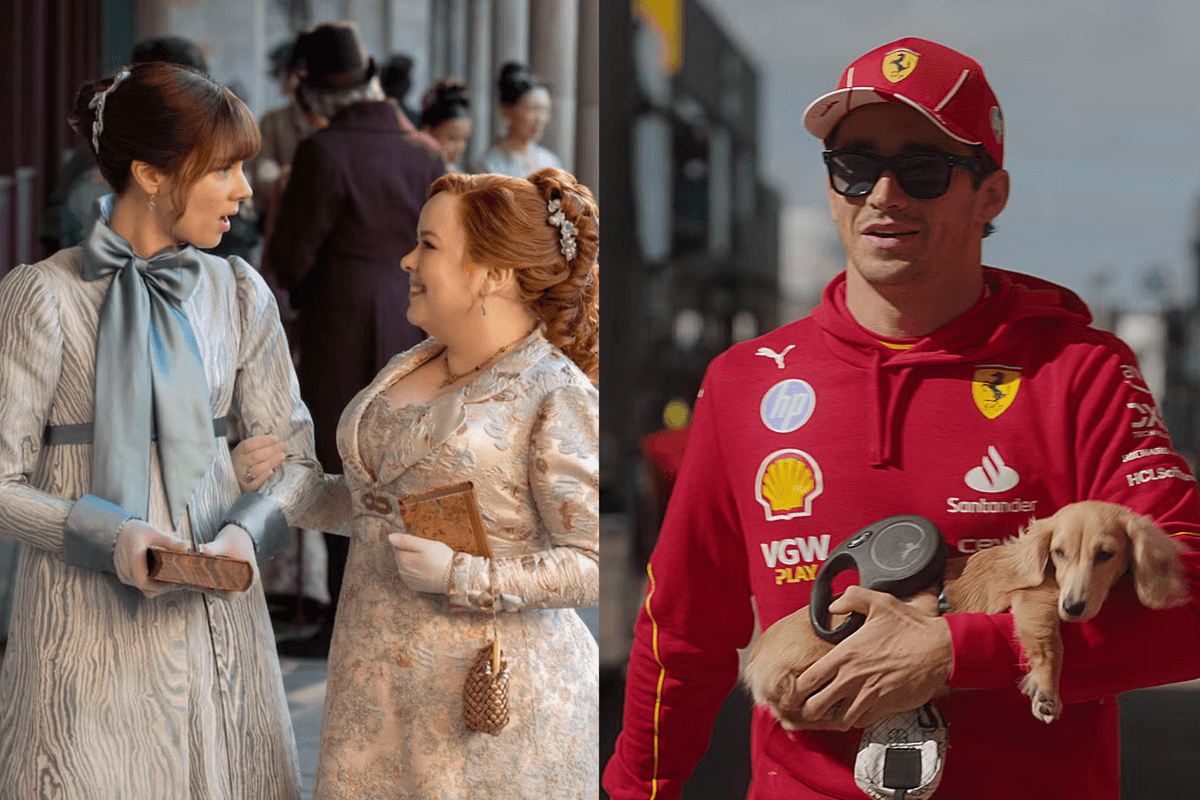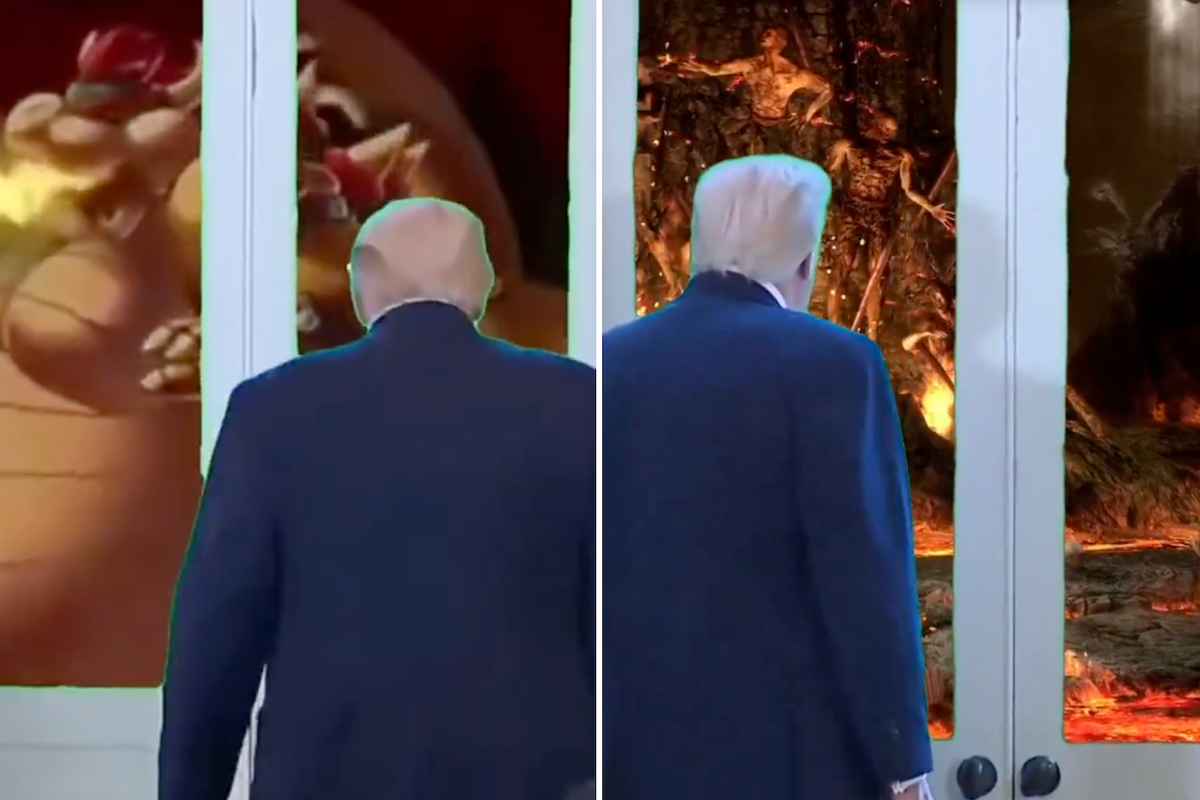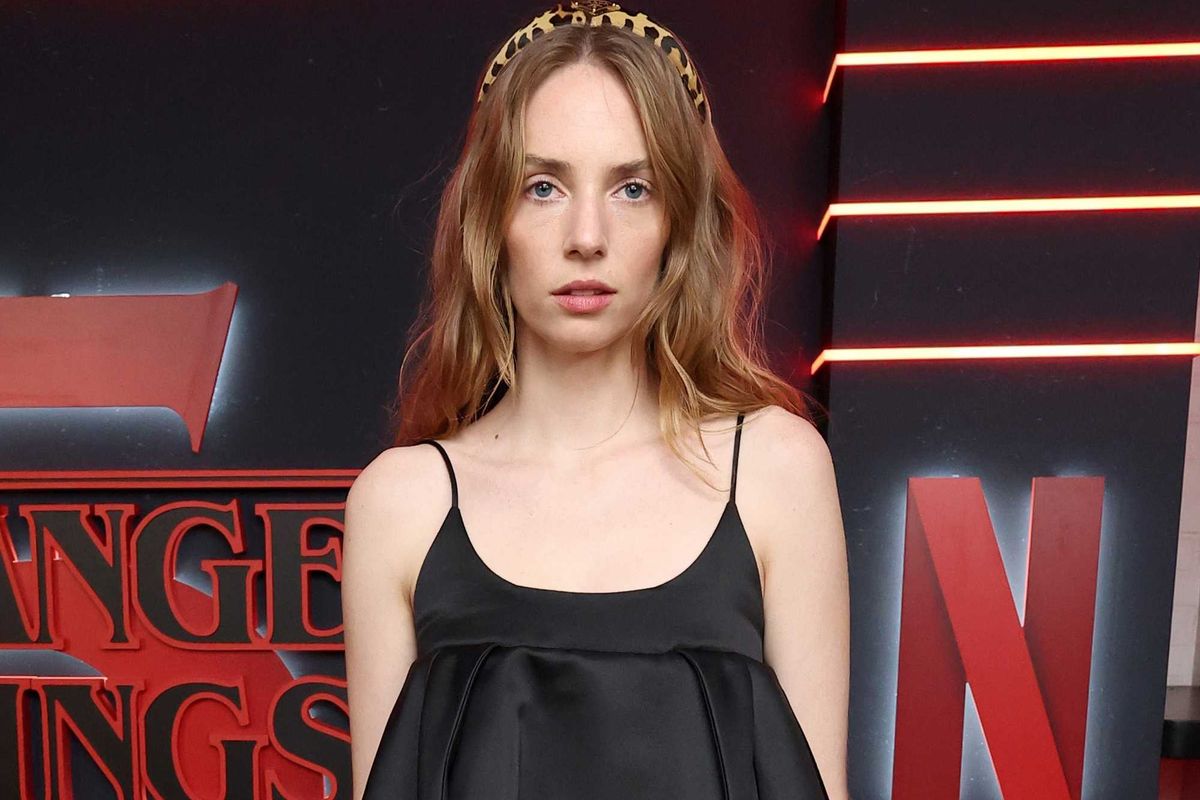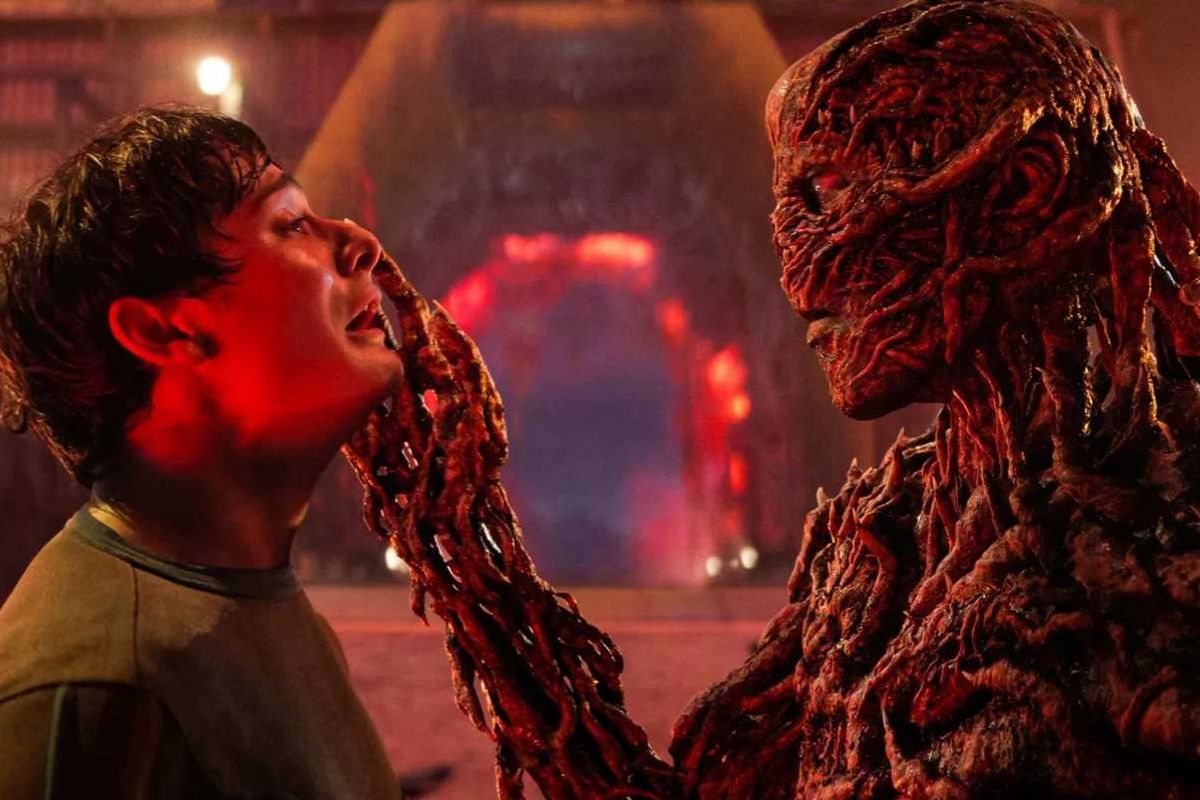A gaming expert has said following a hugely successful launch for the Switch 2, Nintendo needs to "crack on" in a key area and has several "questions" to answer about what's next.
The Switch 2 has had a fantastic start since its launch on 5 June - it sold more than 3.5 million units worldwide in its first four days and a leaked webpage appeared to show Nintendo sold five million Switch 2s in its first month.
Nintendo has reportedly said that figure is inaccurate and was used as a placeholder for a webpage that was made publicly available by accident with official June sales figures to be revealed on 1 August.
Either way, 3.5 million units in its first four days when Nintendo officially expects to sell 15 million consoles by the end of March 2026 is a very strong start.
However an expert says Nintendo still has work to do in order to sustain the console's success and appeal going forward.
George Osborn is the creator and editor of Video Games Industry Memo and the managing director of Half-Space Consulting with more than 15 years' experience in the industry, having also studied at the University of Cambridge.
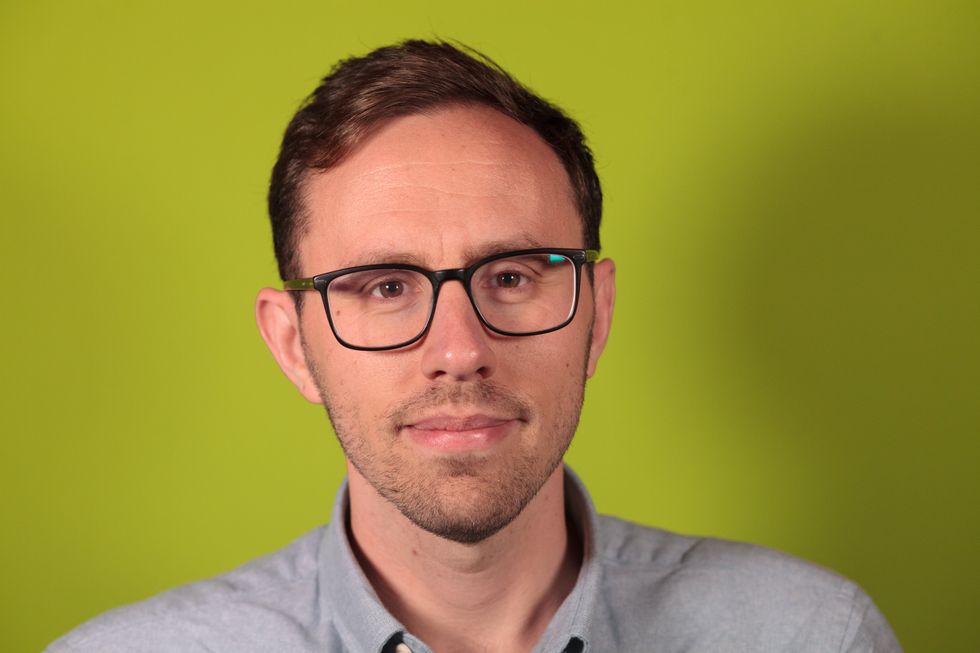
Speaking to indy100, he said: "There are questions about where it goes next and there are three elements to it.
"The first is they need a really strong first-party release slate because Nintendo consoles have almost always sold on the basis of having great first-party games to get people through the door.
"The original Switch probably wouldn't have been as successful as it was without Breath of the Wild at launch. People were ready for something new but handing them a complete reimagining of the Zelda formula was a major reason for people to buy.
"Keeping up the strength of the first-party catalogue is key and Donkey Kong Bananza, in terms of the previews, it's interesting people went from being perhaps a little lukewarm on it playing during the Switch 2 tour to actually really enjoying it during longer plays.
"I have a feeling DK Bananza will perform slightly better than expected because no-one's really got their hands on anything else first-party wise.
"I think Nintendo might need to have a few more things up their sleeve to give people something to look forward to. DK is never as big as Mario, Metroid is never as big as Zelda.
"There's a risk they've got a couple of things on the slate that are interesting but not quite big enough to sell."

Osborn said the second and third are "linked but they're two sides of an important coin for Nintendo".
"It's what they're going to do with third-parties," he said.
"Third-party sales for games on the Switch 2 have actually been disappointing so far and I think there are two possible risks at the moment.
"The first is the device can play a wider range of third-party games but those games so far have been titles people have been able to access on other devices they don't want to buy again or the high cost of entry for the Switch 2 plus a Mario Kart or DK Bananza stops people from spending the £60 they might need to on something else.
"The premium third-party titles need to see the Switch doing well to be able to fully back it and back the development cost of porting games.
"One other thing I've heard and I've seen it pop up in a few places in reporting is Nintendo has not had great outreach to smaller, independent developers for the Switch 2.
"That's an area where Nintendo really needs to crack on with its work. Historically, Nintendo has always been really careful in terms of their relationships with third-parties stretching all the way back to the 1980s and the video games crash.
"But I think in terms of that caution, it misses out on the fact lots of people had the original Switch for first-party Nintendo games and indie games.
"You had Super Mario Odyssey but you also had Slay the Spire. They need to make sure those other indies are in the tent because you need those range of prices.
"If all games are £60, £70, £80, if you don't have enough of them on the £15 / £20 scale, you don't have enough games in the ecosystem for people to keep buying them or they end up buying something like a Steam Deck.
"Nintendo has to think about how it keeps its slate strong enough, especially around Christmas.
"Having said that, I think they'll be actively noisily happy about how it's all gone so far."
Osborn'sVideo Games Industry Memo is sent out every Thursday and he's writing his debut non-fiction book called Power Play, a look at how video games are changing the world.
Elsewhere from indy100:
- Viral Pokemon Scarlet & Violet Nintendo Switch 2 screenshot has stunned gamers - for the wrong reasons
- Nintendo Switch 2 Metroid Prime 4 'out now' poster 'desecrated'
How to join the indy100's free WhatsApp channel
Sign up to our free indy100 weekly newsletter
Have your say in our news democracy. Click the upvote icon at the top of the page to help raise this article through the indy100 rankings.

